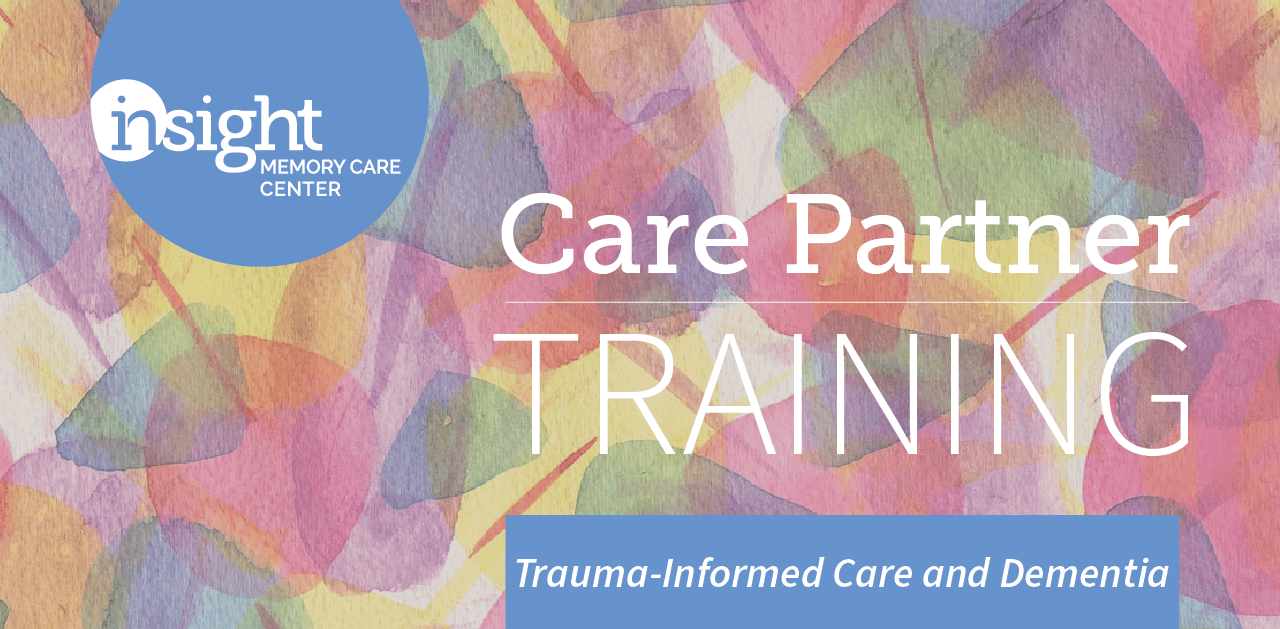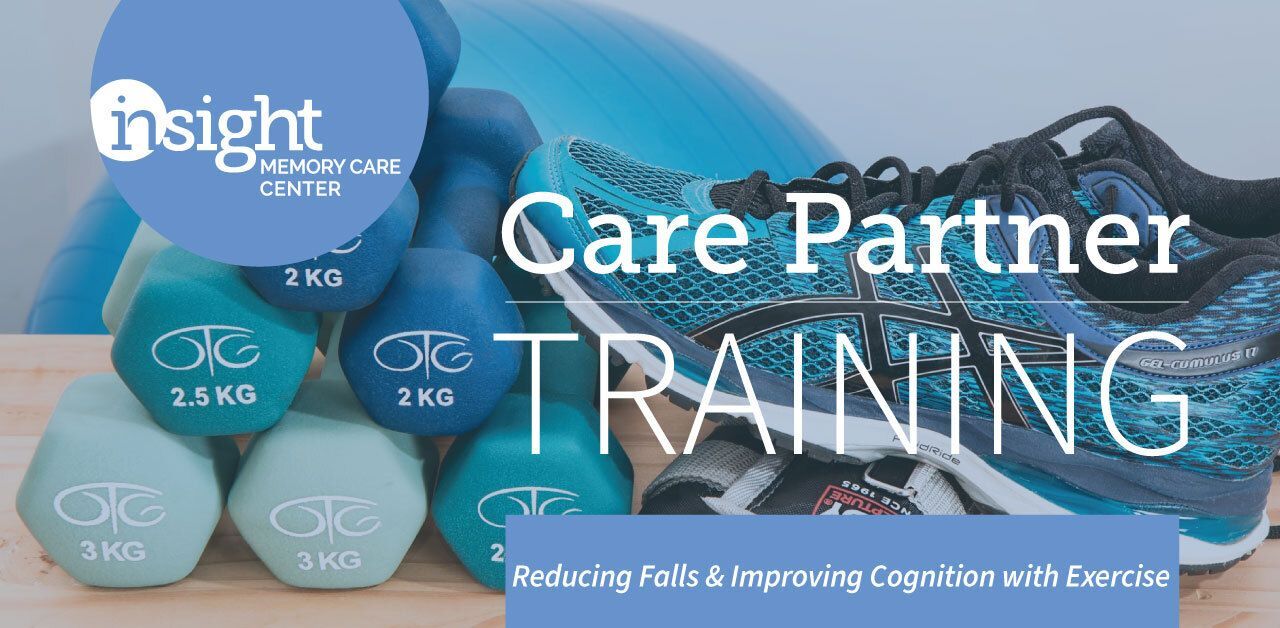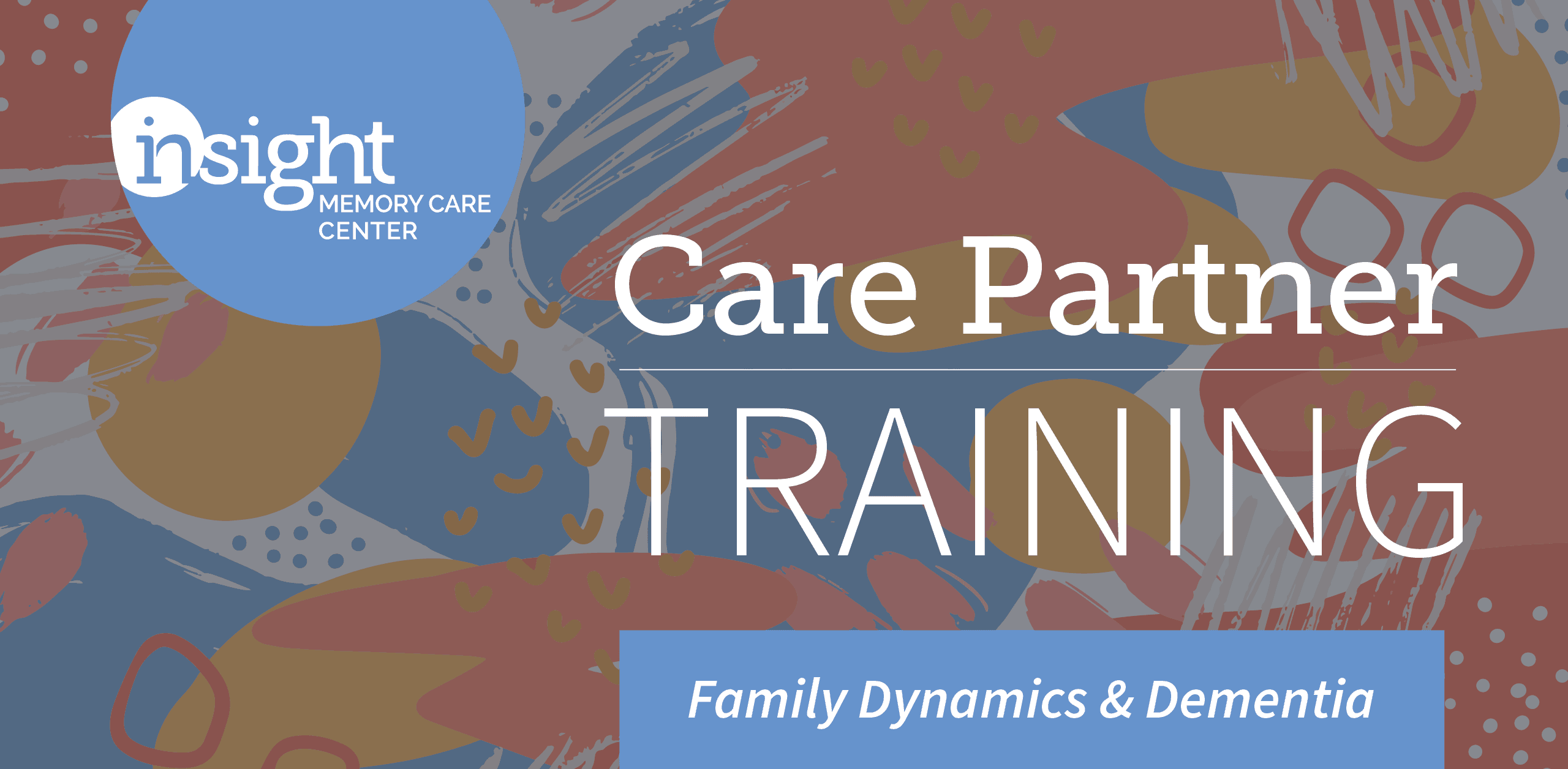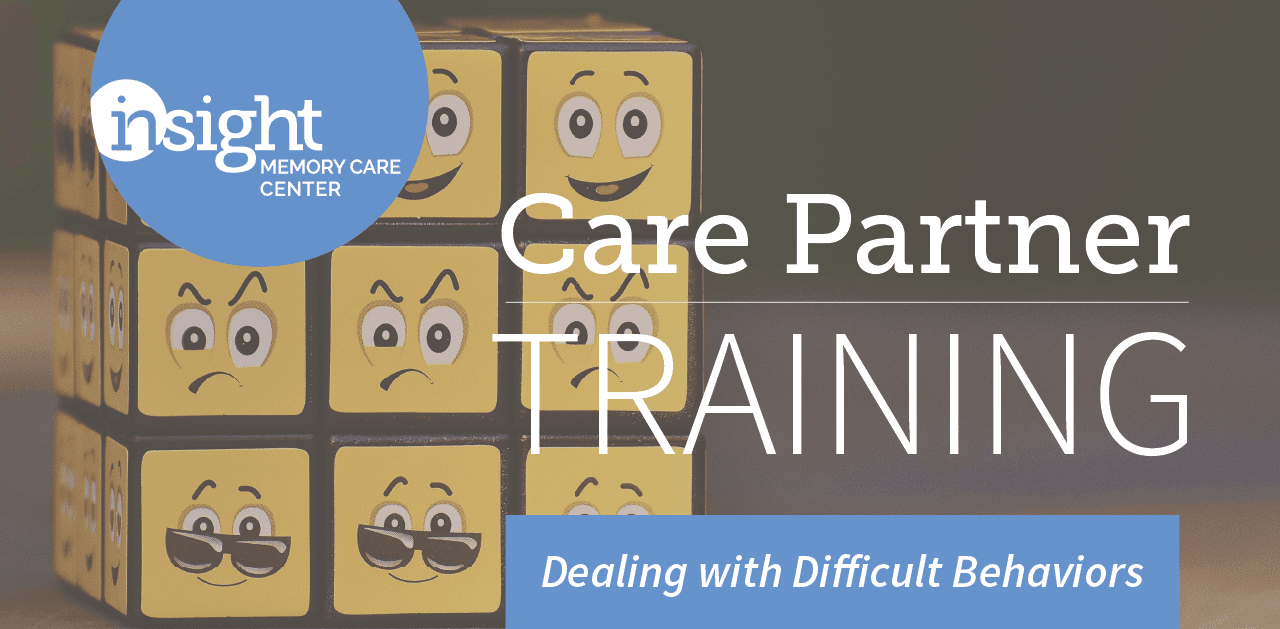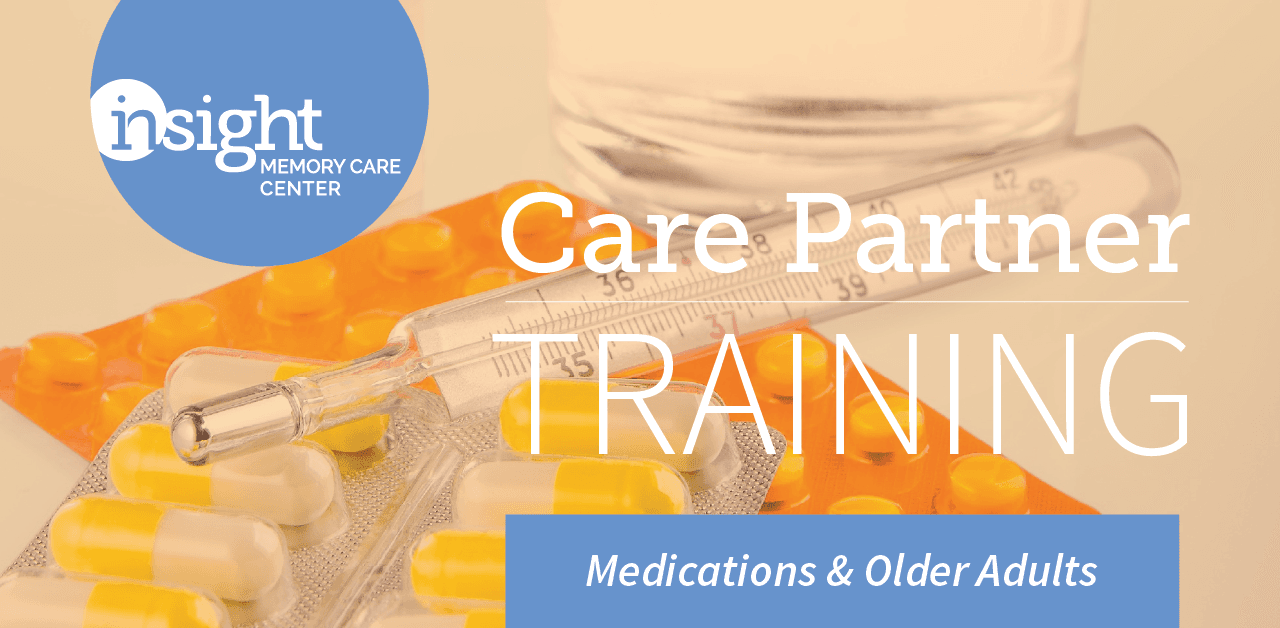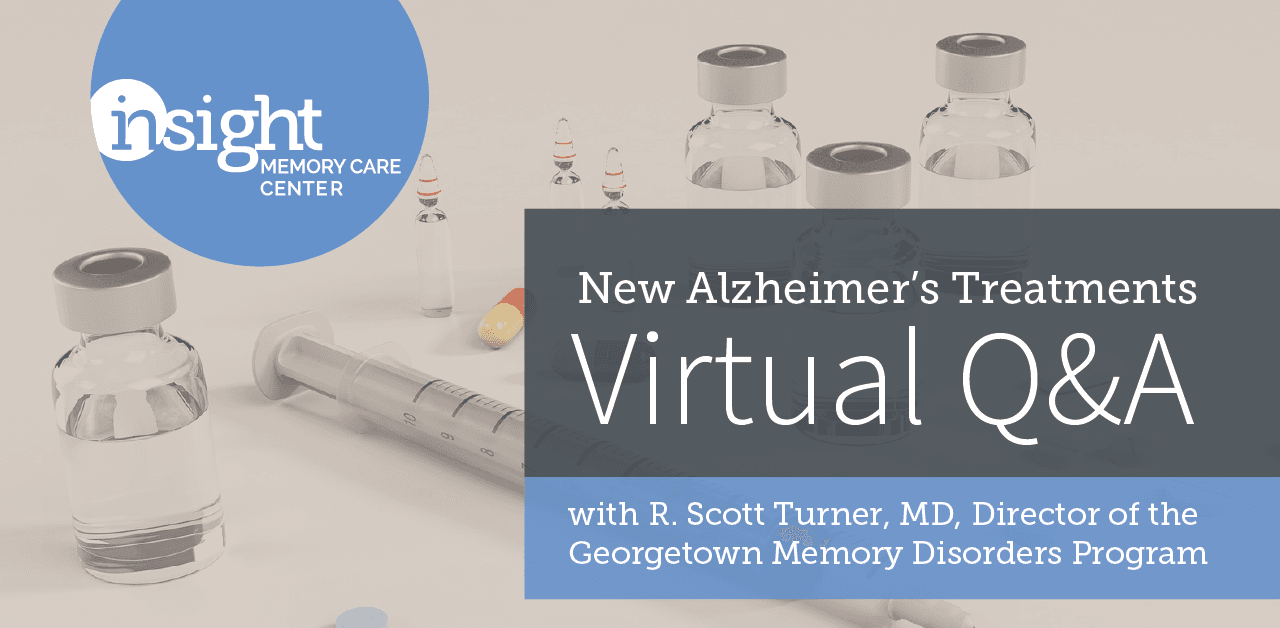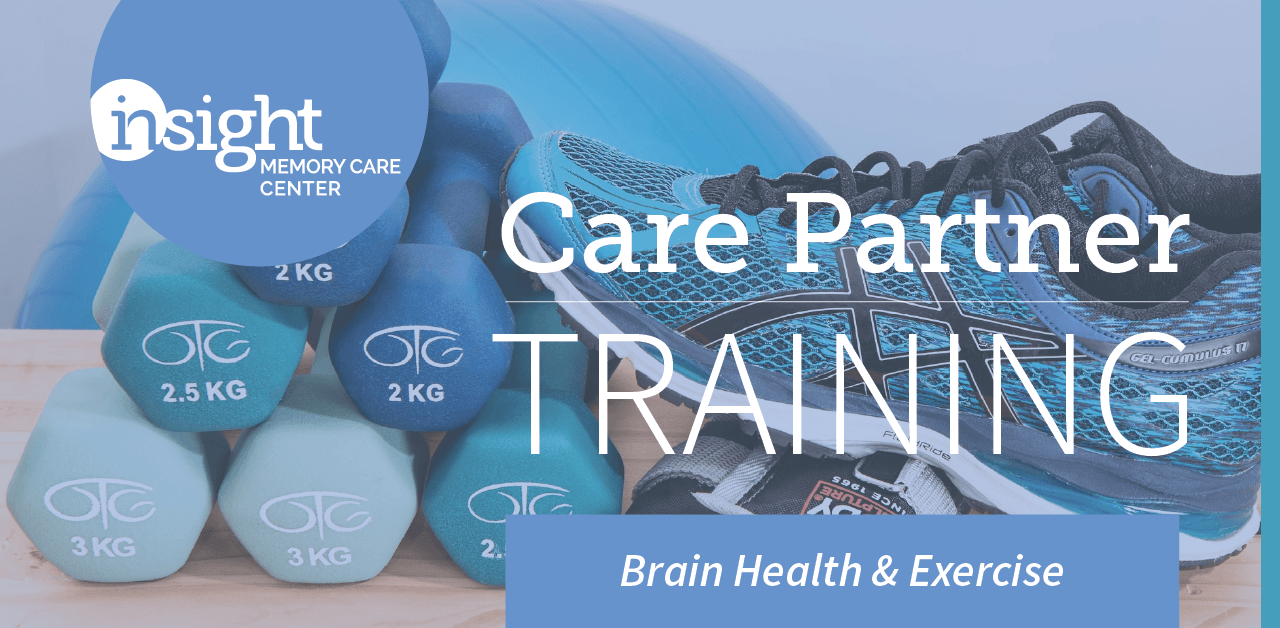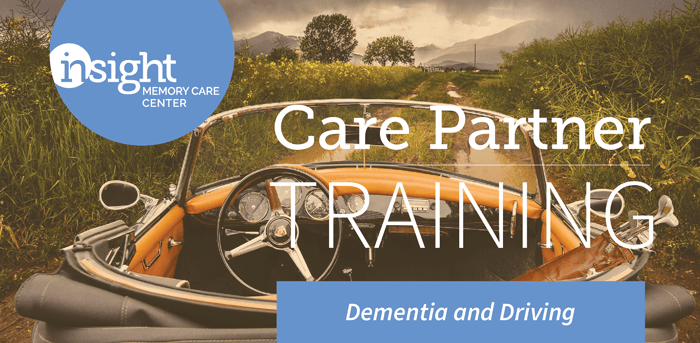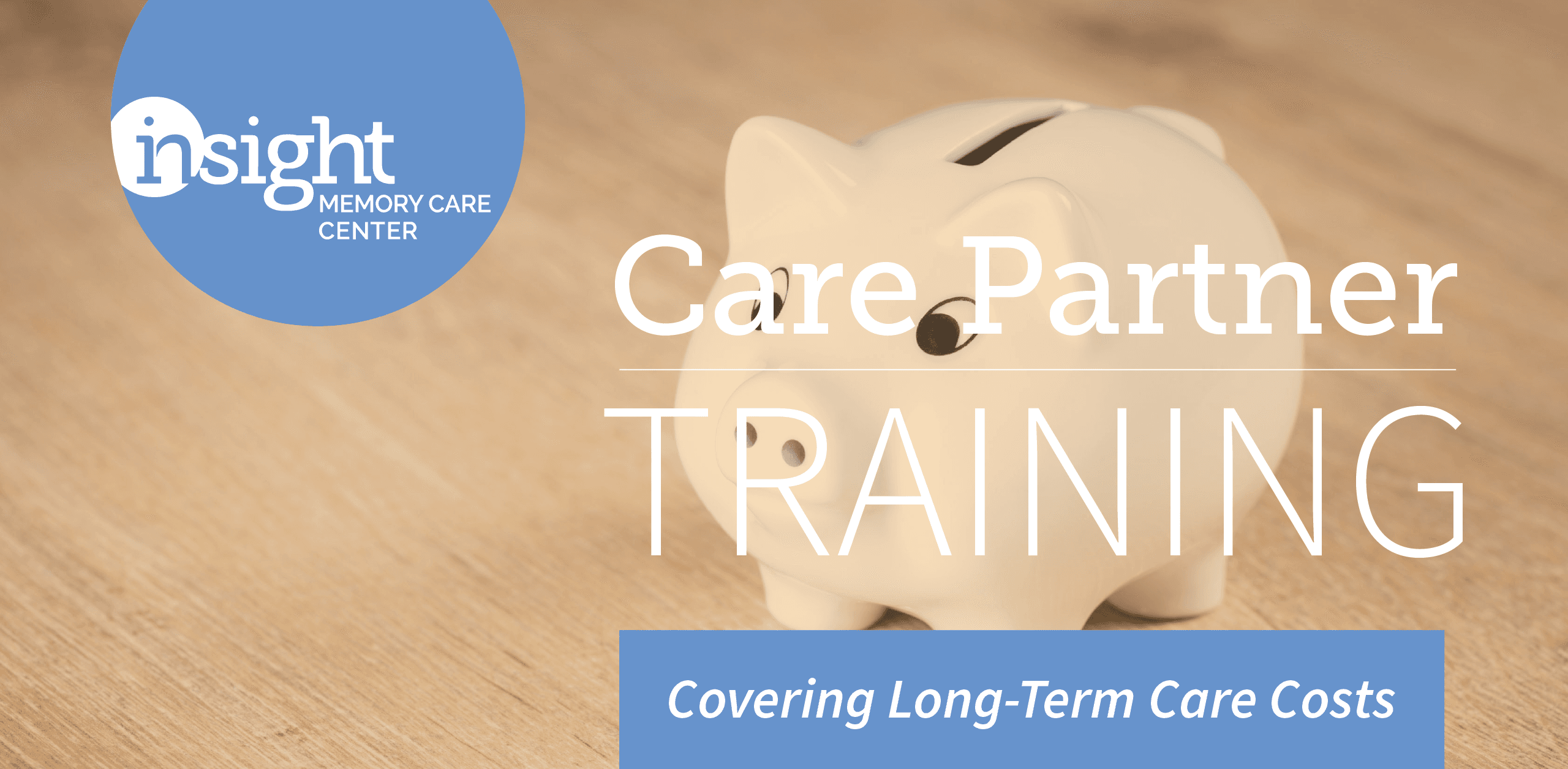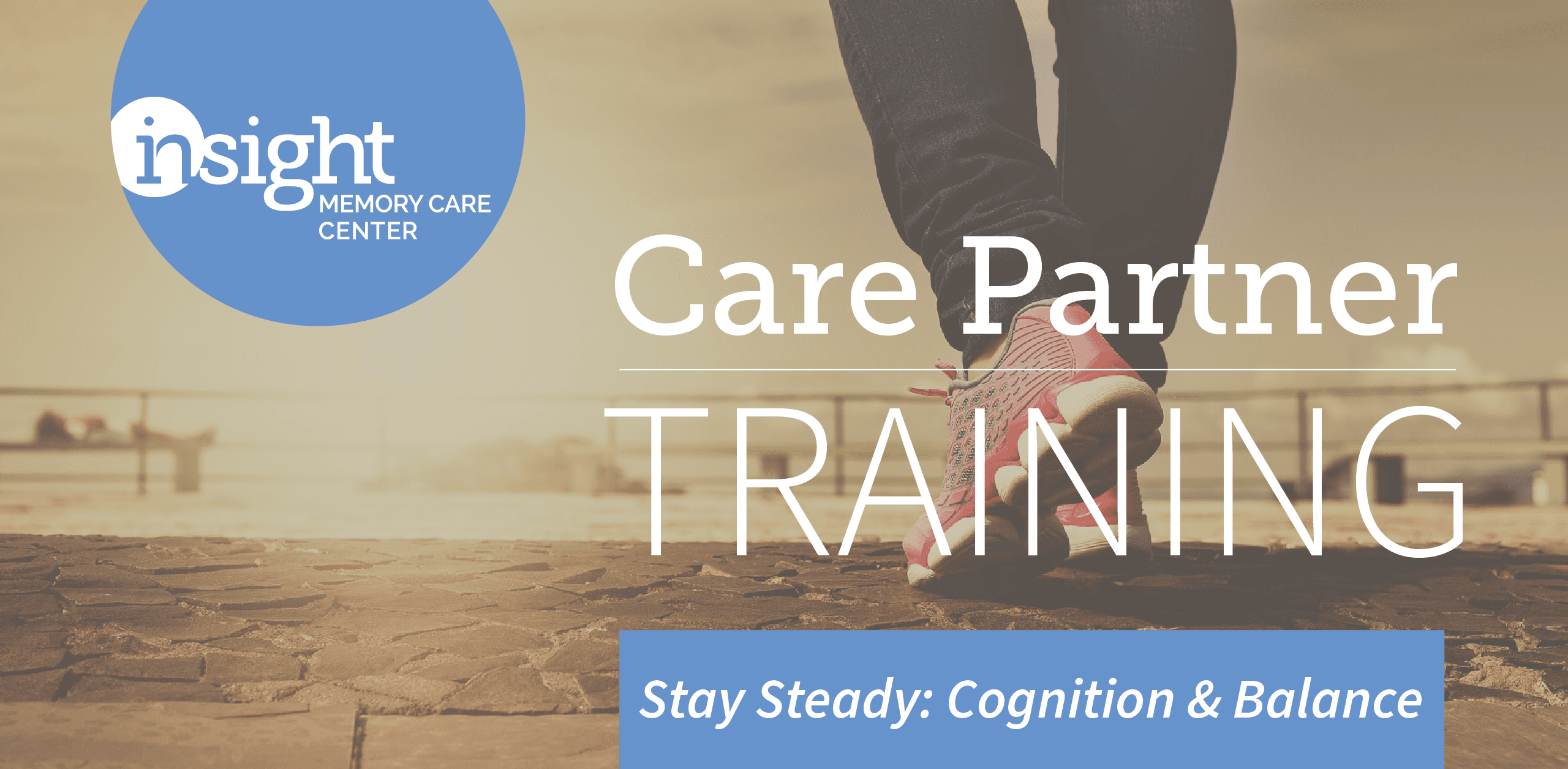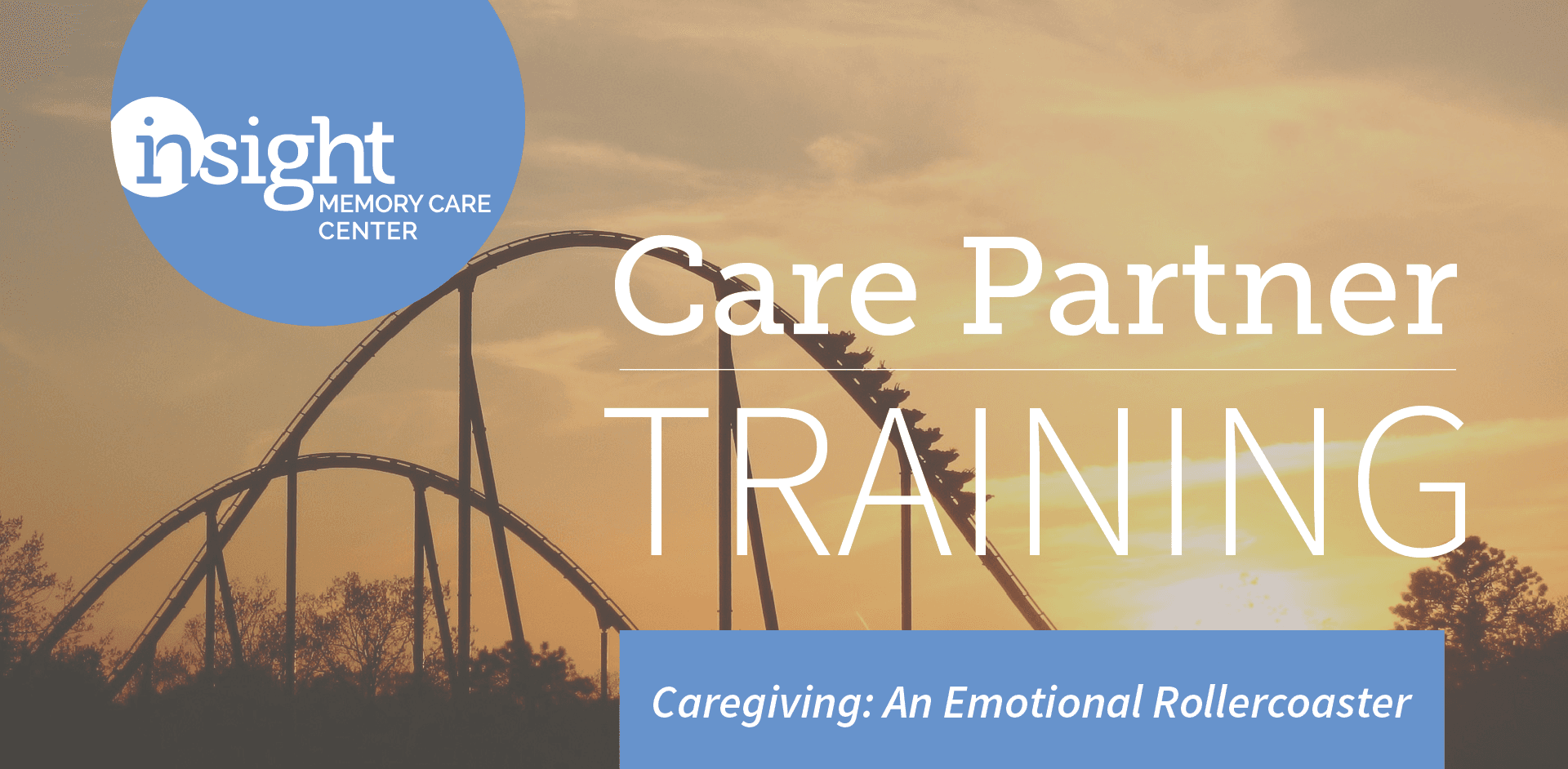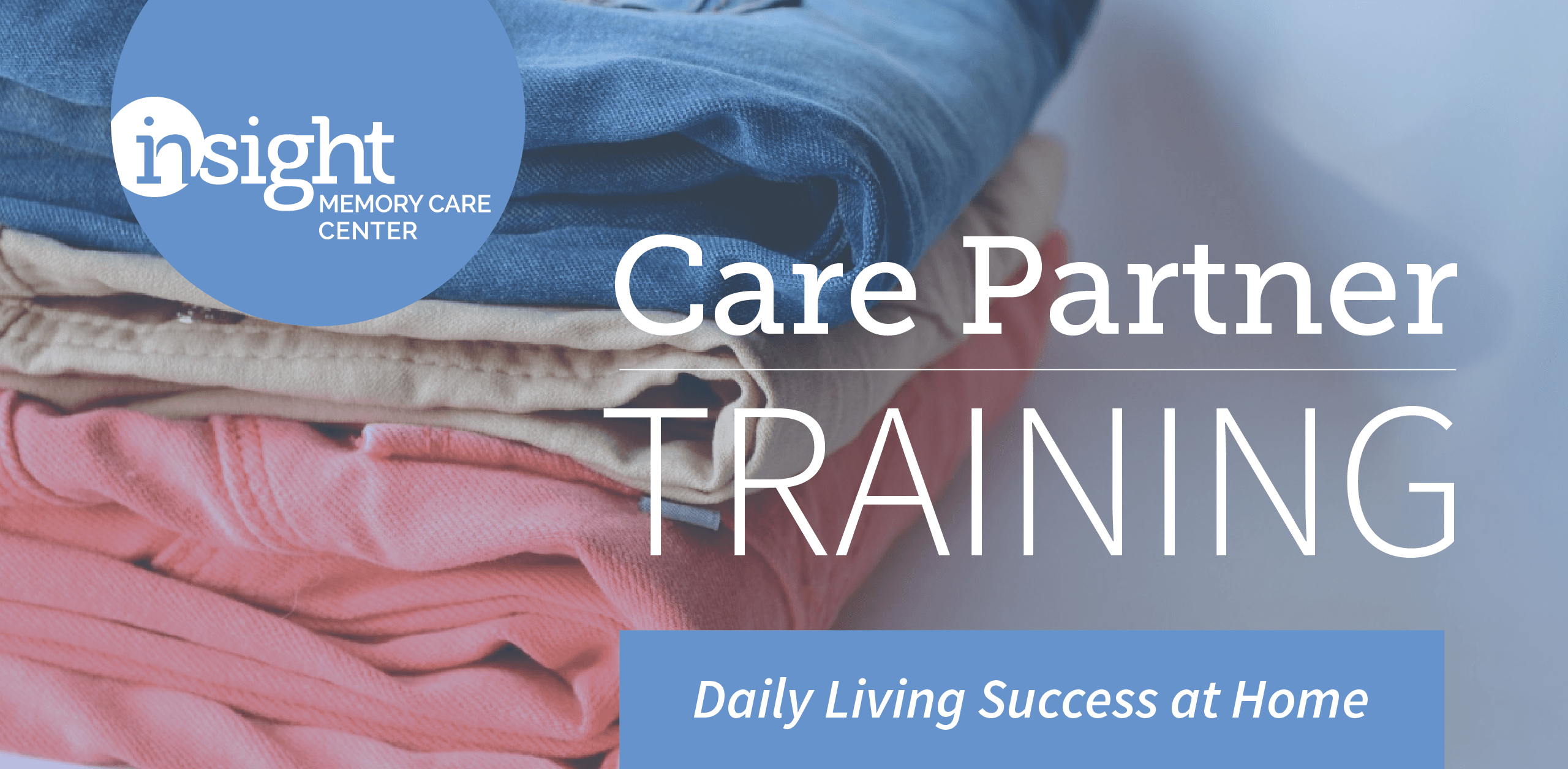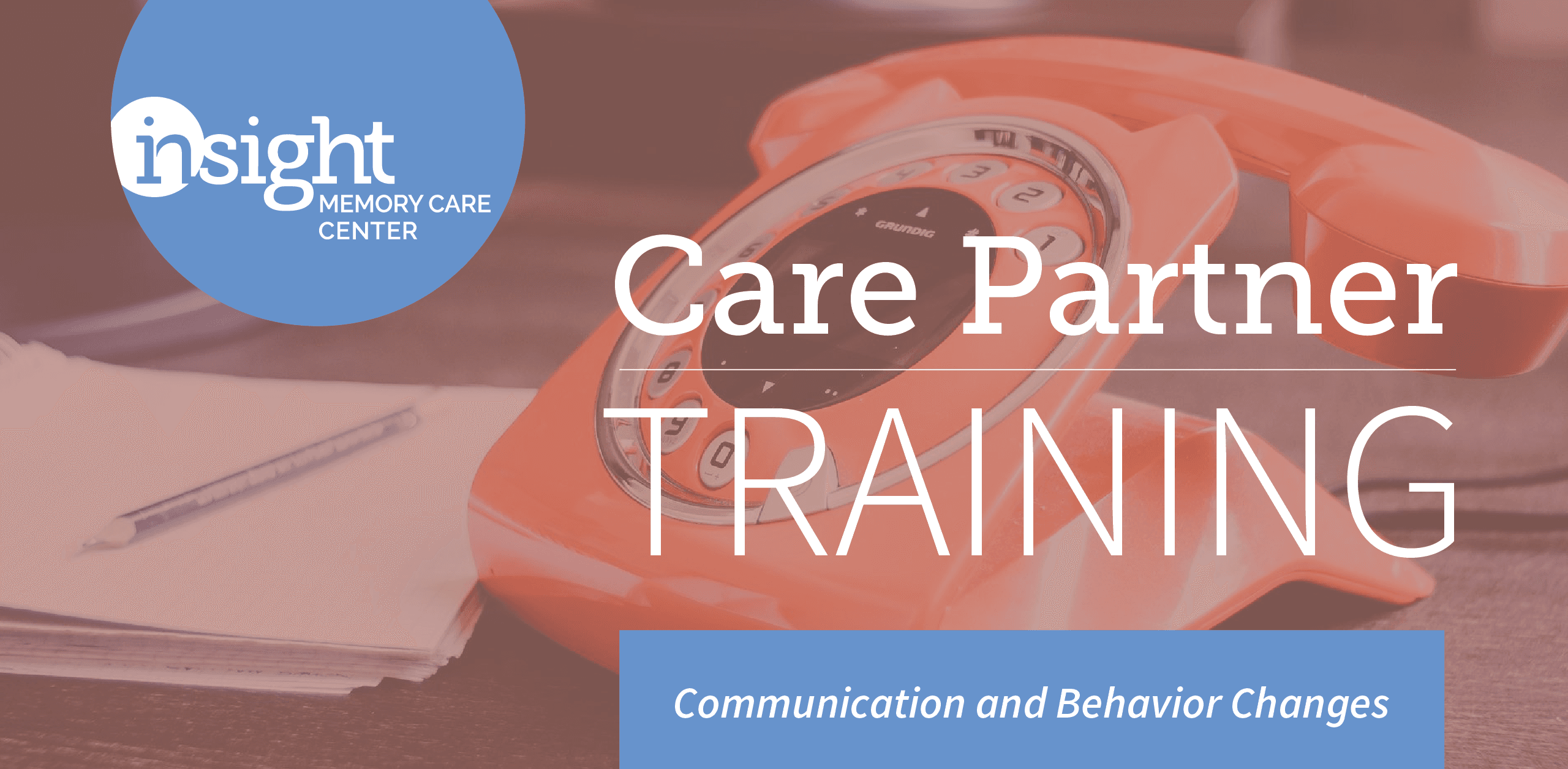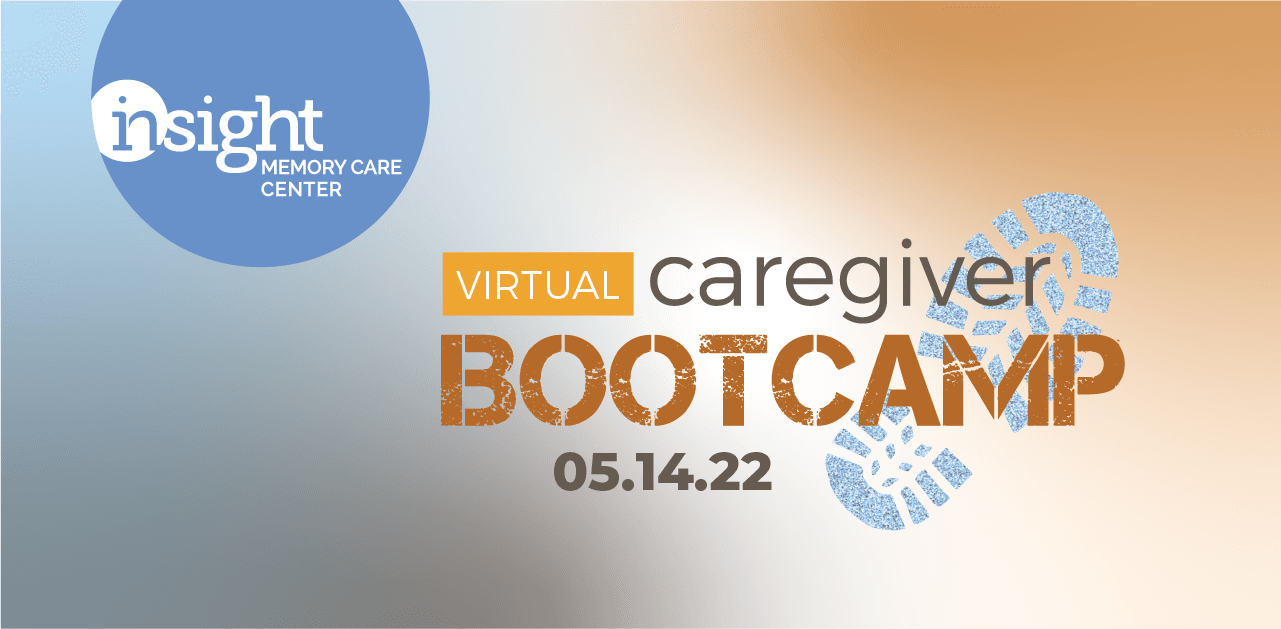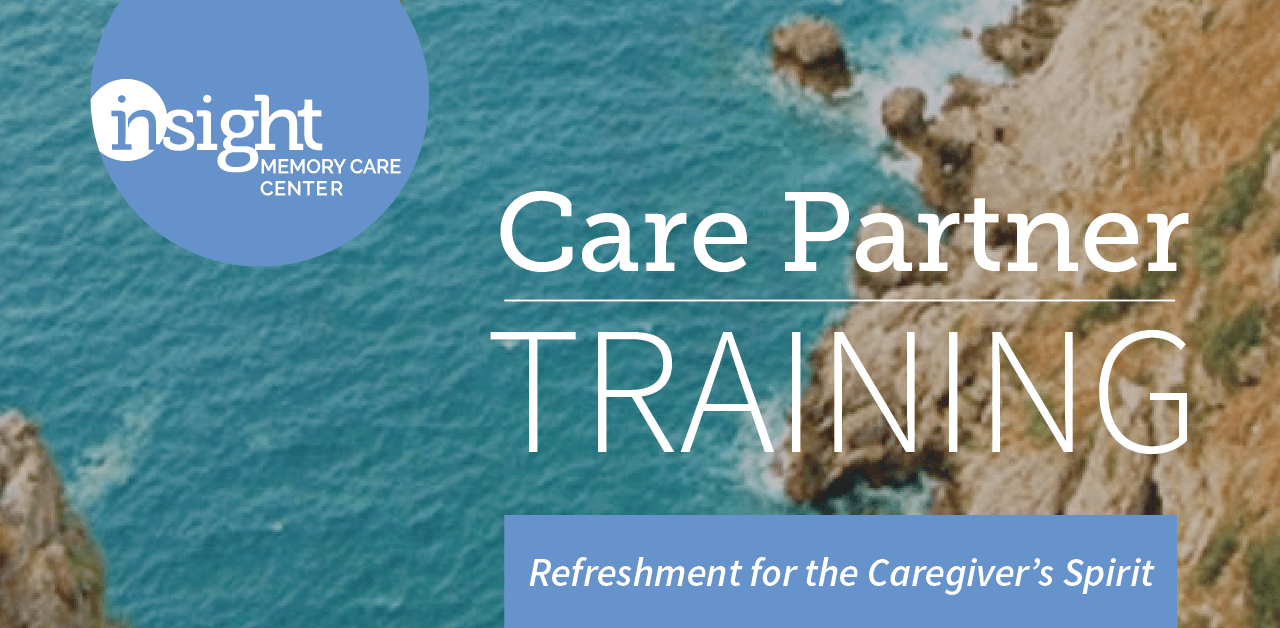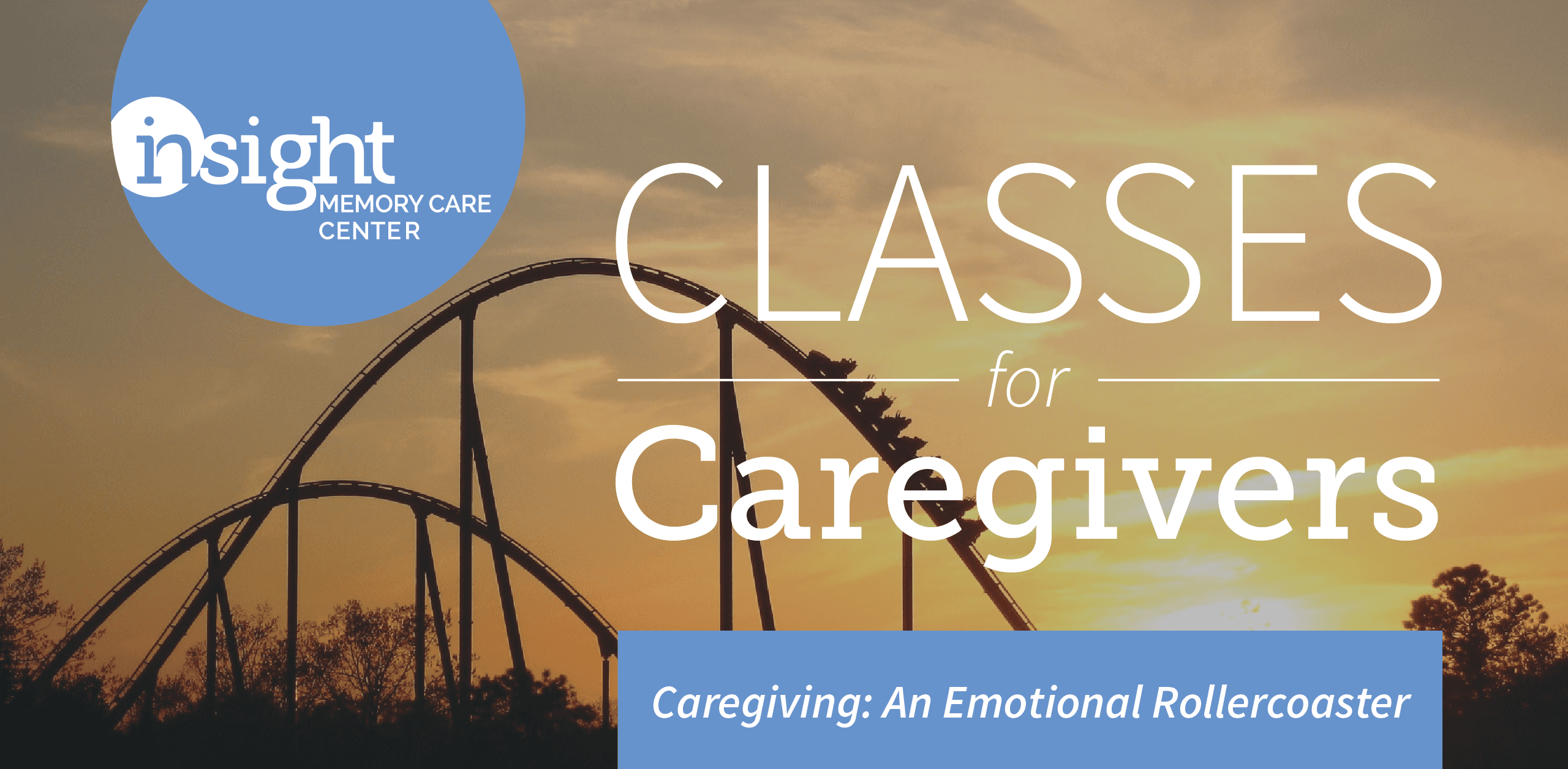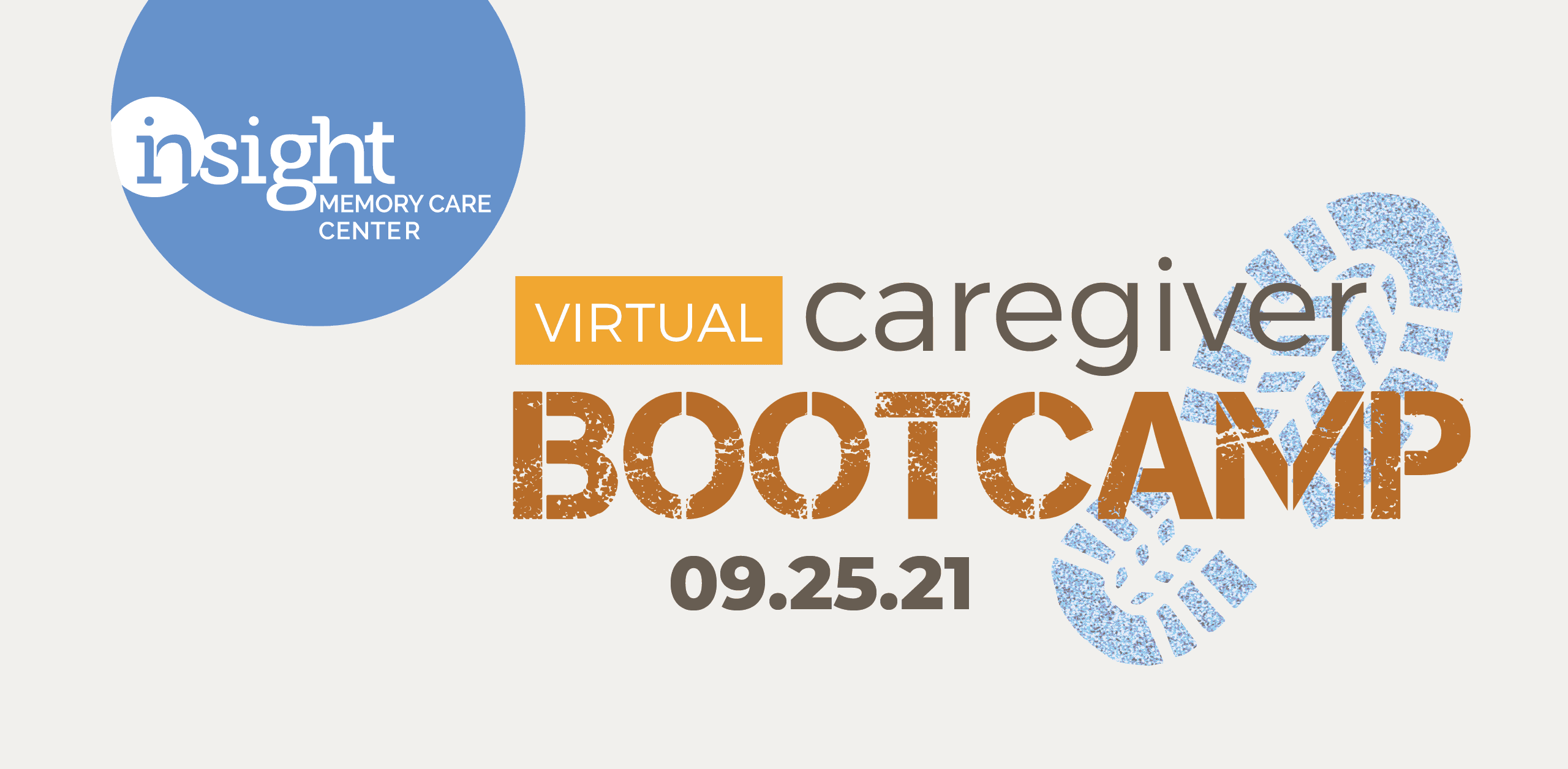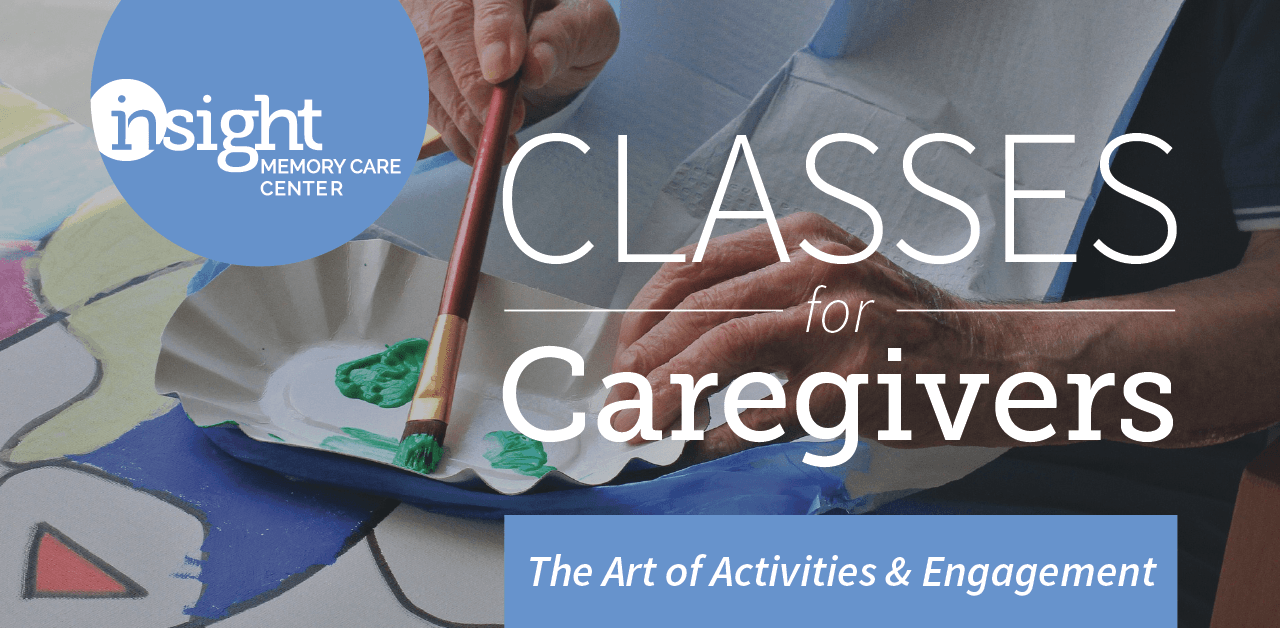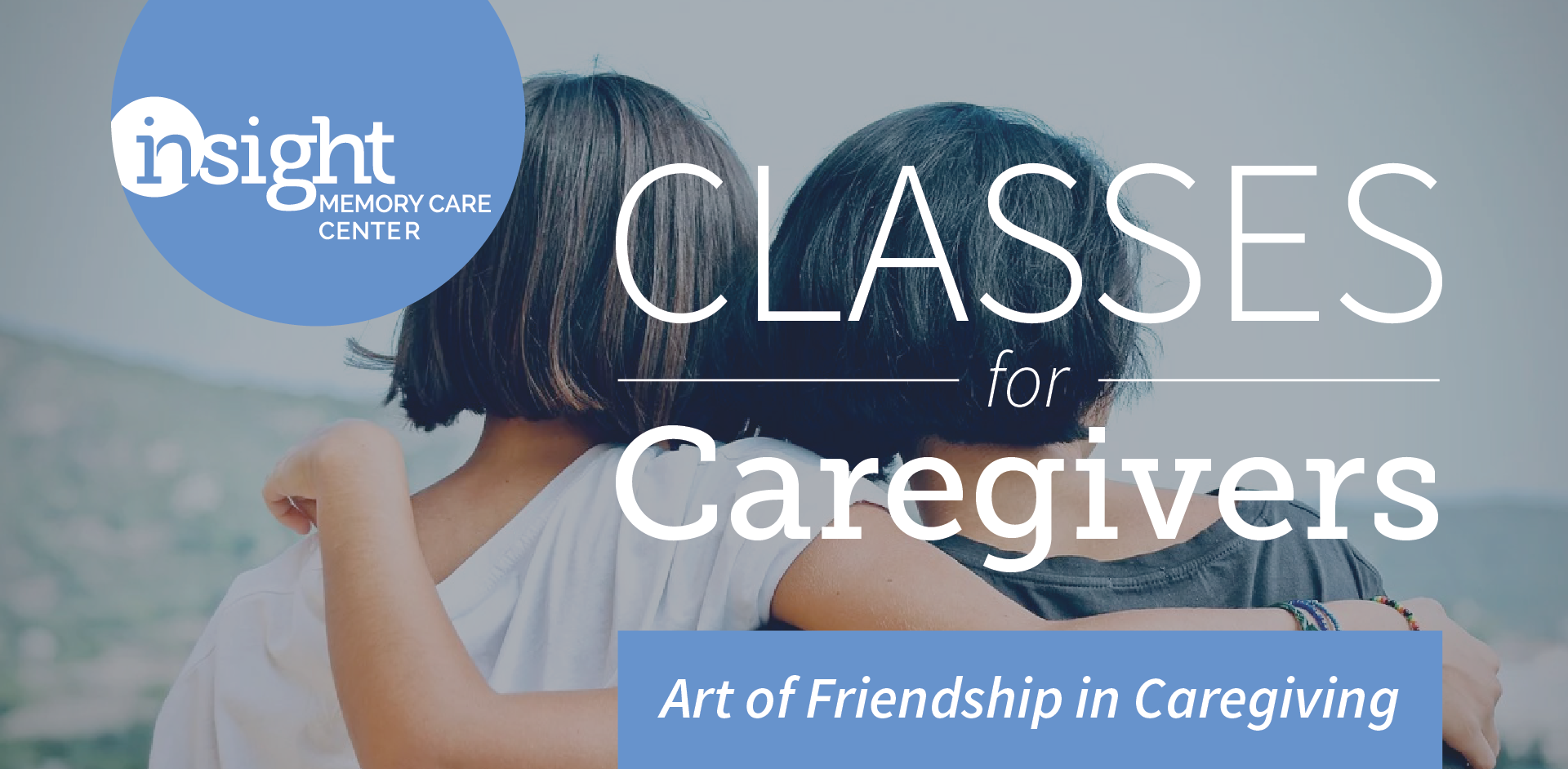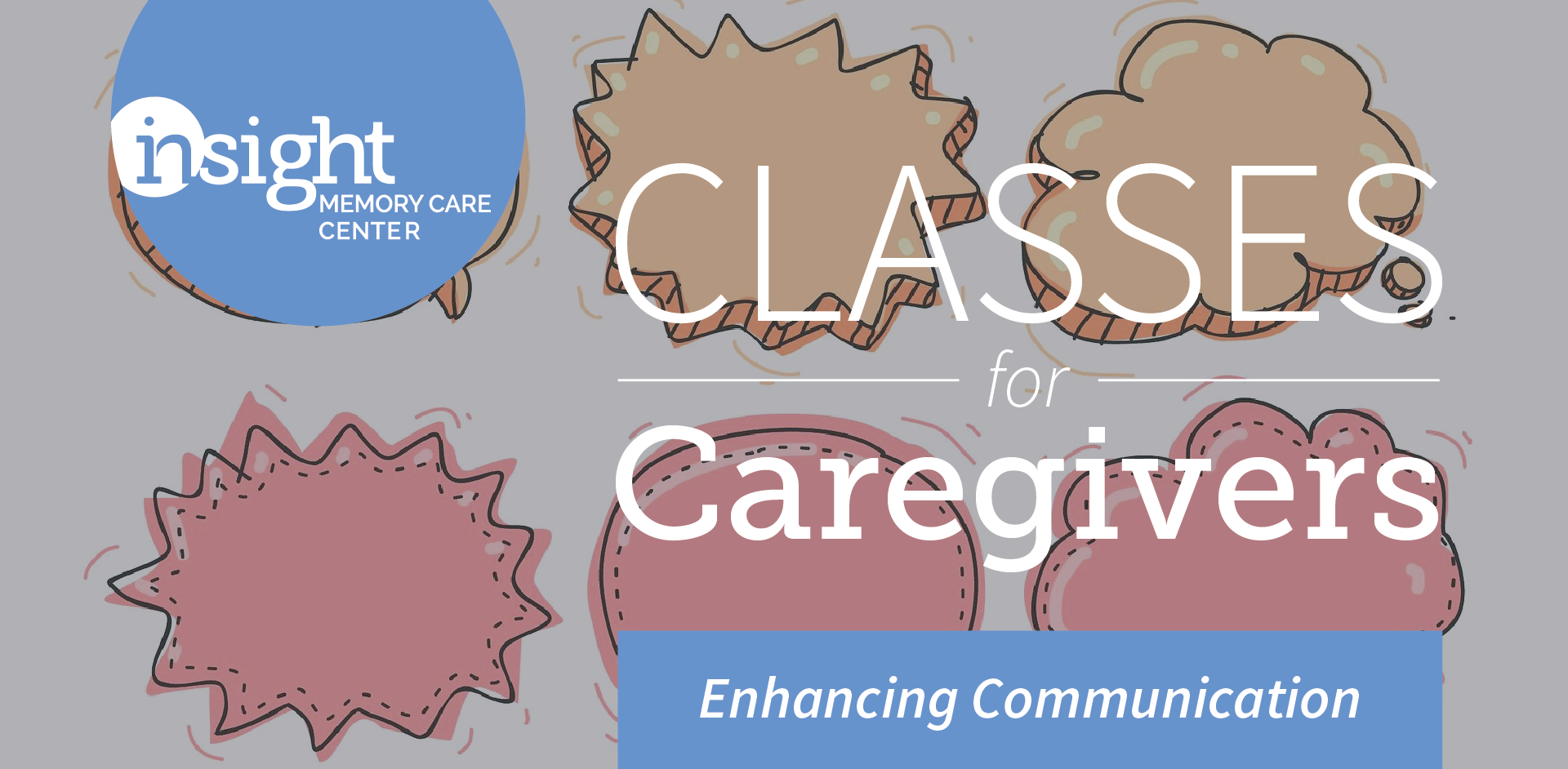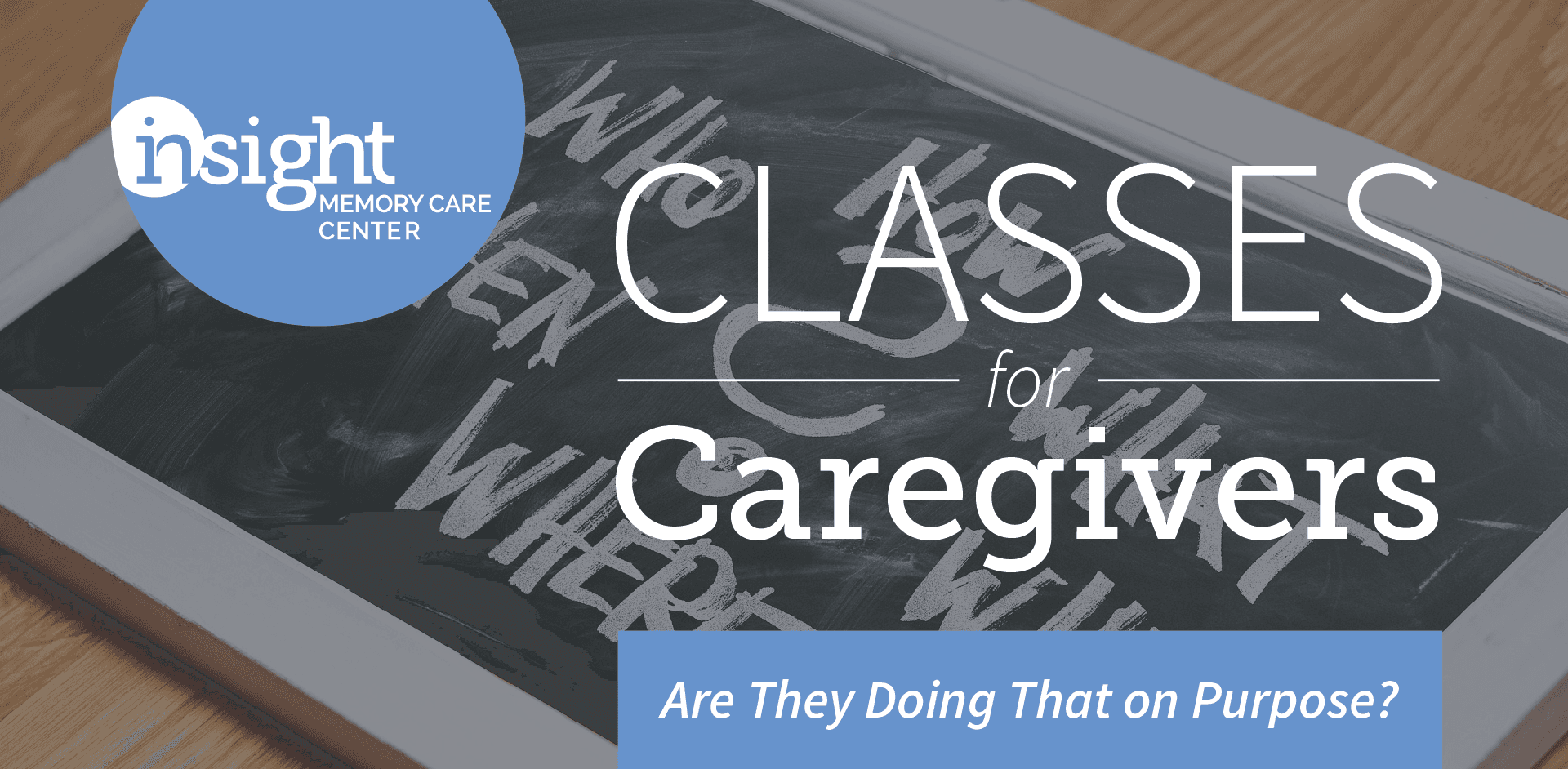Grow Your Caregiving Skills
More than 70 percent of older people have experienced a psychologically traumatic event. Trauma-informed care is an under-utilized yet potentially beneficial approach to care for older adults in many settings. Learn more!
Age-related cognitive decline has a profound impact on the daily functioning of older adults, their families and healthcare systems. Currently 46.8 million people worldwide are living with dementia. This number will double by 2030 and more than triple by 2050. We will discuss these statistics and how a structured exercise program in a community setting for older, sedentary adults is associated with benefits to physical and cognitive health.
Navigating family dynamics can be tricky on a good day - but add in a dementia diagnosis and things get even more complex. Learn more about navigating these new dynamics!
There are plenty of good reasons to be physically active. Big ones include reducing the odds of developing heart disease, stroke, and diabetes. Maybe you want to lose weight, lower your blood pressure, prevent depression, or just look better. Here's another one, which especially applies to those of us experiencing the brain fog that comes with age: exercise changes the brain in ways that protect memory and thinking skills. Studies show regular aerobic exercise appears to boost the size of the hippocampus, the brain area involved in verbal memory and learning. Learn more about why and how to exercise for the good of your brain!
Caring for a loved one with dementia poses many challenges for families and caregivers. People with dementia from conditions such as Alzheimer’s and related diseases have a progressive biological brain disorder that makes it more and more difficult for them to remember things, think clearly, communicate with others, and take care of themselves. In addition, dementia can cause mood swings and even change a person’s personality and behavior. We will look at practical strategies and medications (if needed) for dealing with the troubling behavior problems and communication difficulties often encountered when caring for a person with dementia.
Medical errors are the eighth leading cause of death in the United States, and a critical subgroup of these errors is that of patients who are harmed by pharmaceuticals that are intended to help them. Some of these mistakes occur in a hospital or other facility, yet a significant number take place at home. Elderly patients who could have limited resources, multiple diagnoses, numerous medications, and failing sensory or cognitive abilities may become confused regarding their drug regimen. Learn more about what you and your family need to know regarding older adults and medications.
You’ve probably seen the headlines about Leqembi, the new FDA approved treatment for those with early Alzheimer’s disease. But what does Leqembi do differently? Is it better than older treatments? Find out the answers to these questions and more!
When you think of fitness, you probably picture weights or running. We all know the importance of staying active, but what about brain fitness? There are many activities and cognitive interventions that can help keep your brain sharp too! Learn more about this important aspect of overall fitness, and what activities you can do to maintain brain fitness as you age.
In the early stages some people are able to keep driving, but as memory and decision-making skills decline they need to stop. What makes this especially hard is that people with dementia often do not know they are having driving problems! Family and friends need to monitor the person’s driving ability to decide when it’s time to give up the keys. Learn more about driving assessments and other options to keep everyone safe on the road.
The financial costs of long term care and long term caregiving are enormous. The Alzheimer’s Association shares that a person with Alzheimer’s lives four to eight years after diagnosis on average, but can live as long as 20 years - and you want to provide quality care for your loved one during this time! Explore some of your options for this important aspect of caregiving.
As we age, many will experience changes in balance and gait. When Alzheimer’s disease or other dementias are present, this can complicate things even further! Join us to learn more about balance and gait changes, along with ways to improve mobility at home!
The caregiving journey will have you experiencing many highs and lows. We’ll discuss the variety of emotions that are often felt by caregivers and tips on going along for the ride.
How can you reconnect with someone with dementia? Keeping their current abilities in mind, learn ways to keep your loved one engaged in personalized activities.
Make each day more successful! Learn tips and tricks for providing hands-on care for eating, dressing, bathing, hygiene and toileting.
Communication can become difficult as you struggle to meet and understand the needs of your loved one. Come and learn strategies for effective communication and understanding and responding to difficult behaviors.
For the Spring 2022 session, we'll be going beyond the diagnosis to aging-in-place, as we learn more about living well with dementia. We know it can be hard as a busy caregiver to find all the information you need to best care for your loved one with dementia. Insight offers the Caregiver Bootcamp to help you learn more about essential caregiving topics, all in one place! Learn from experts in their fields and gain knowledge on the basics you need to know as a caregiver.
Sharing her own experience caring for her mom, join us for a presentation with author, Loretta Woodward Veney. She offers practical tips, tools and activities for lifting care partners’ spirits and uncovering their joy through the toughest challenges of caregiving and launching into the new year.
The caregiving journey will have you experiencing many highs and lows. We’ll discuss the variety of emotions that are often felt by caregivers and tips on going along for the ride.
We know it can be hard as a busy caregiver to find all the information you need to best care for your loved one with dementia. Insight offers the Caregiver Bootcamp to help you learn more about essential caregiving topics, all in one place! Come and learn from experts in their fields and gain knowledge on the basics you need to know as a caregiver.
How can you reconnect with someone with dementia? Keeping their current abilities in mind, learn ways to keep your loved one engaged in personalized activities.
Communication can become difficult as you struggle to meet and understand the needs of your loved one. Come and learn strategies for effective communication and understanding and responding to difficult behaviors.
Learn how to use elements of friendship - knowing the person well, enjoying activities together, communication, building self-esteem, and laughter - to make you a better caregiver!
A trip to the hospital for a person with dementia can be stressful for both parties. Join us to discuss ways you can relieve some of this stress by preparing for both unexpected and planned hospital visits.
Communication abilities change as dementia progresses. We'll walk through each stage to learn skills that can help ease frustration and lead to successful interactions with your loved one.
For those with cognitive impairments, sometimes the only form of communication provided is through behavior, both positive and negative. Come and learn strategies for understanding and responding to difficult behaviors.
Webinars
"After meeting with you, I've changed my approach in dealing with her memory loss, and my wife and I are so much happier."





